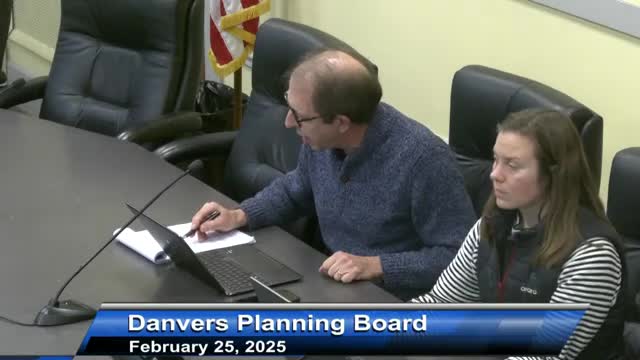Article not found
This article is no longer available. But don't worry—we've gathered other articles that discuss the same topic.
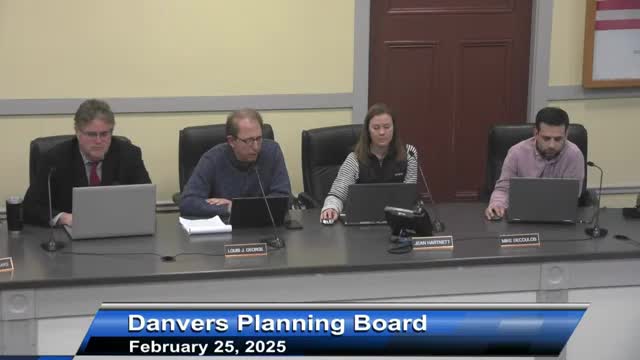
Danvers planning board previews housing production plan, public questions focus on new ADU state law
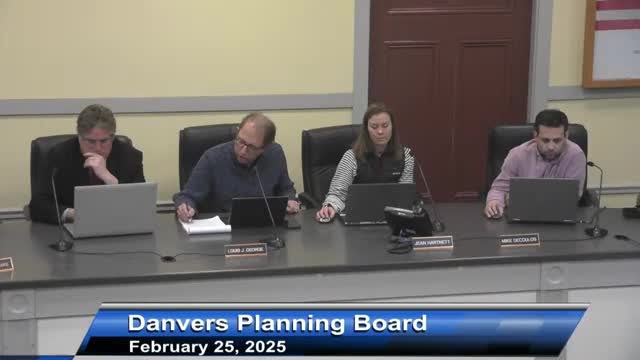
Chick‑fil‑A site plan review for 50 Independence Way continued to March 11
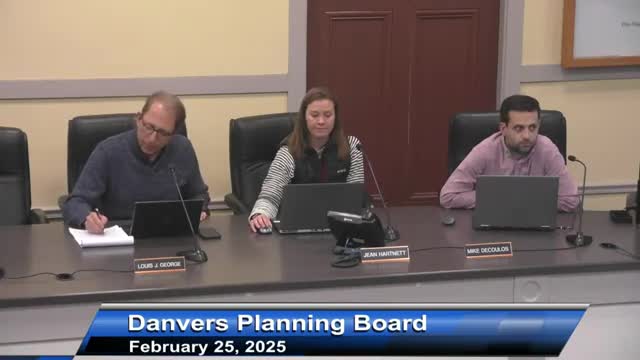
Trask Lane partial release application continued to March 25, planning board hears peer-review update
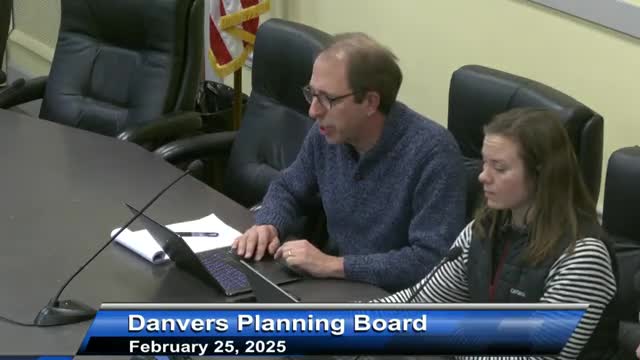
Planning Board approves reduction of Beaver Brook Woods performance guarantee to $17,600
